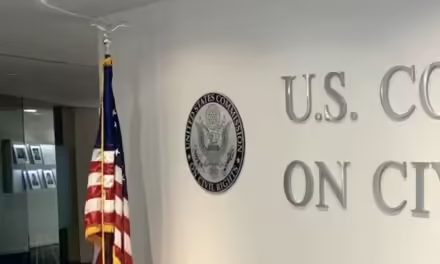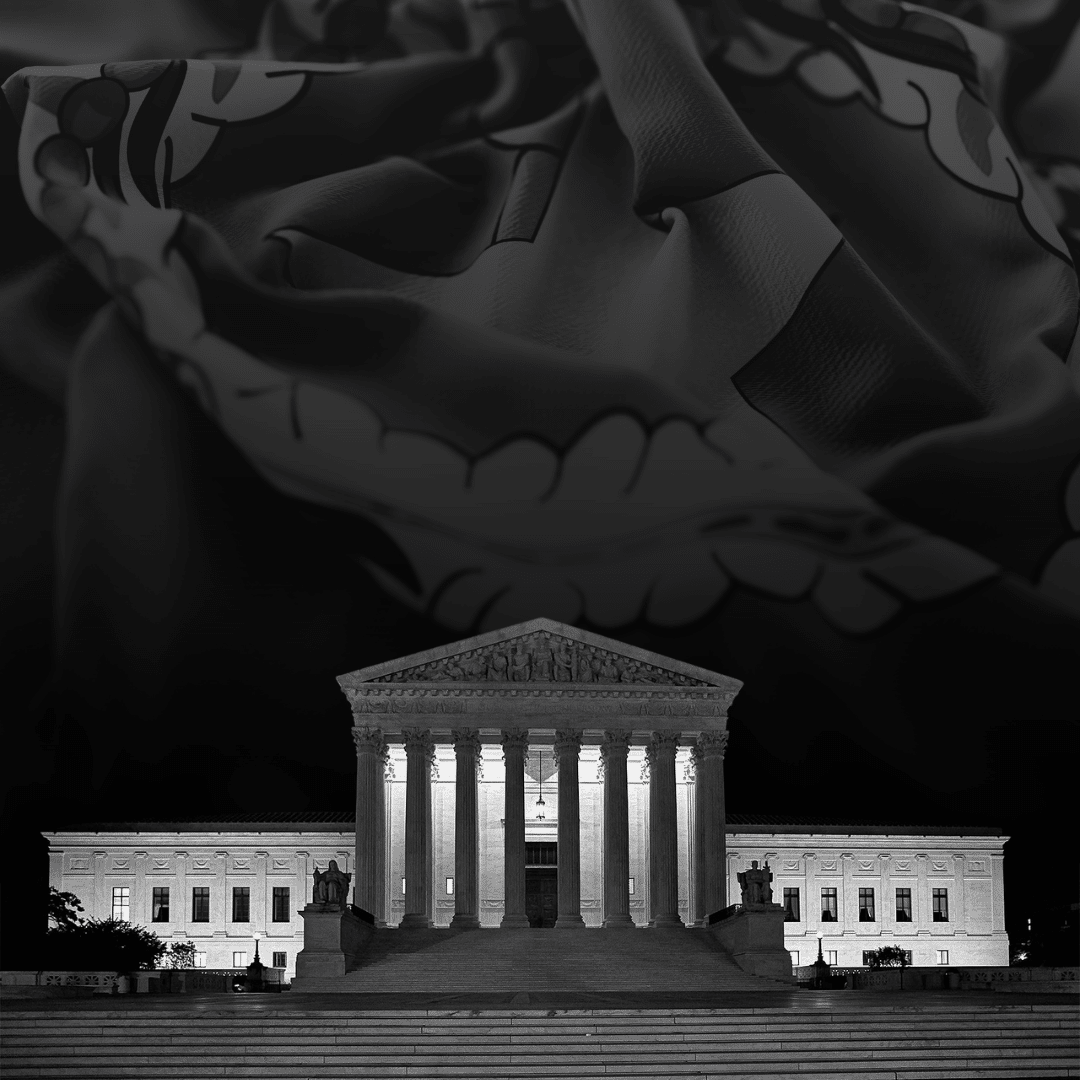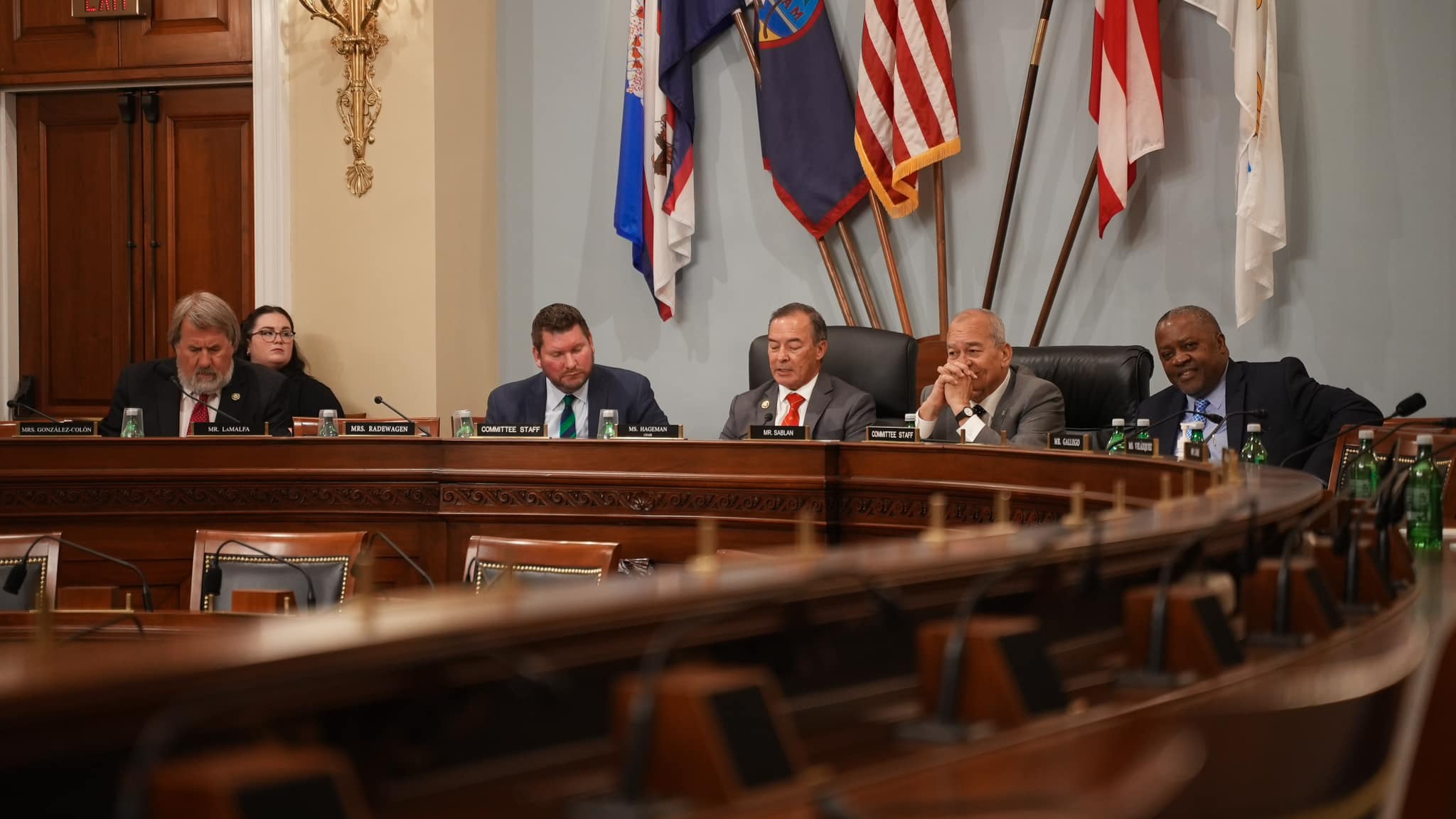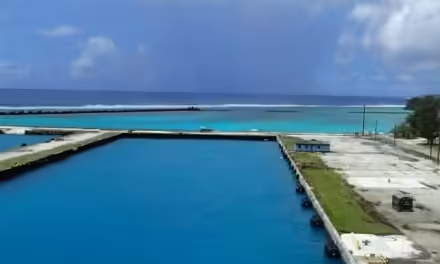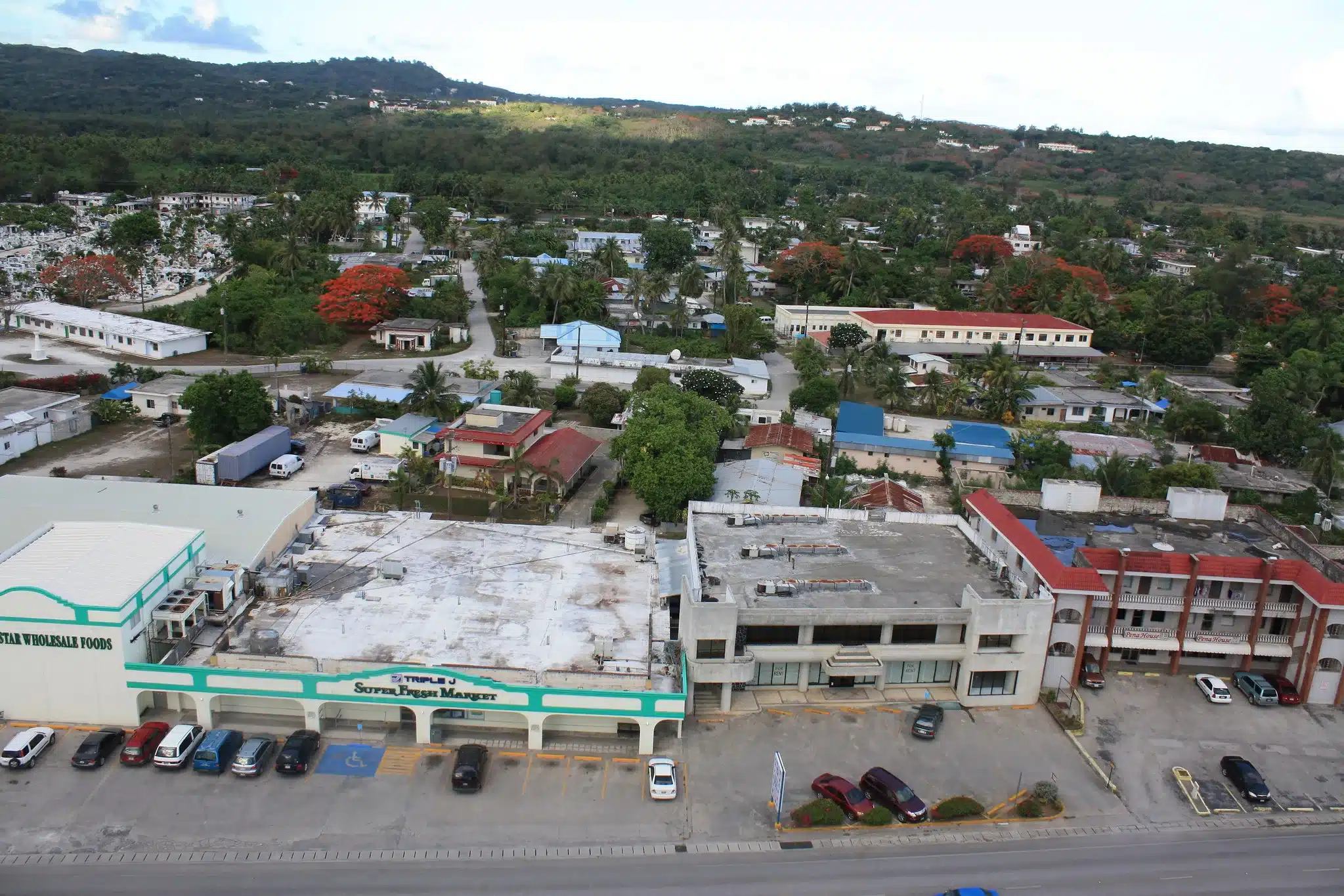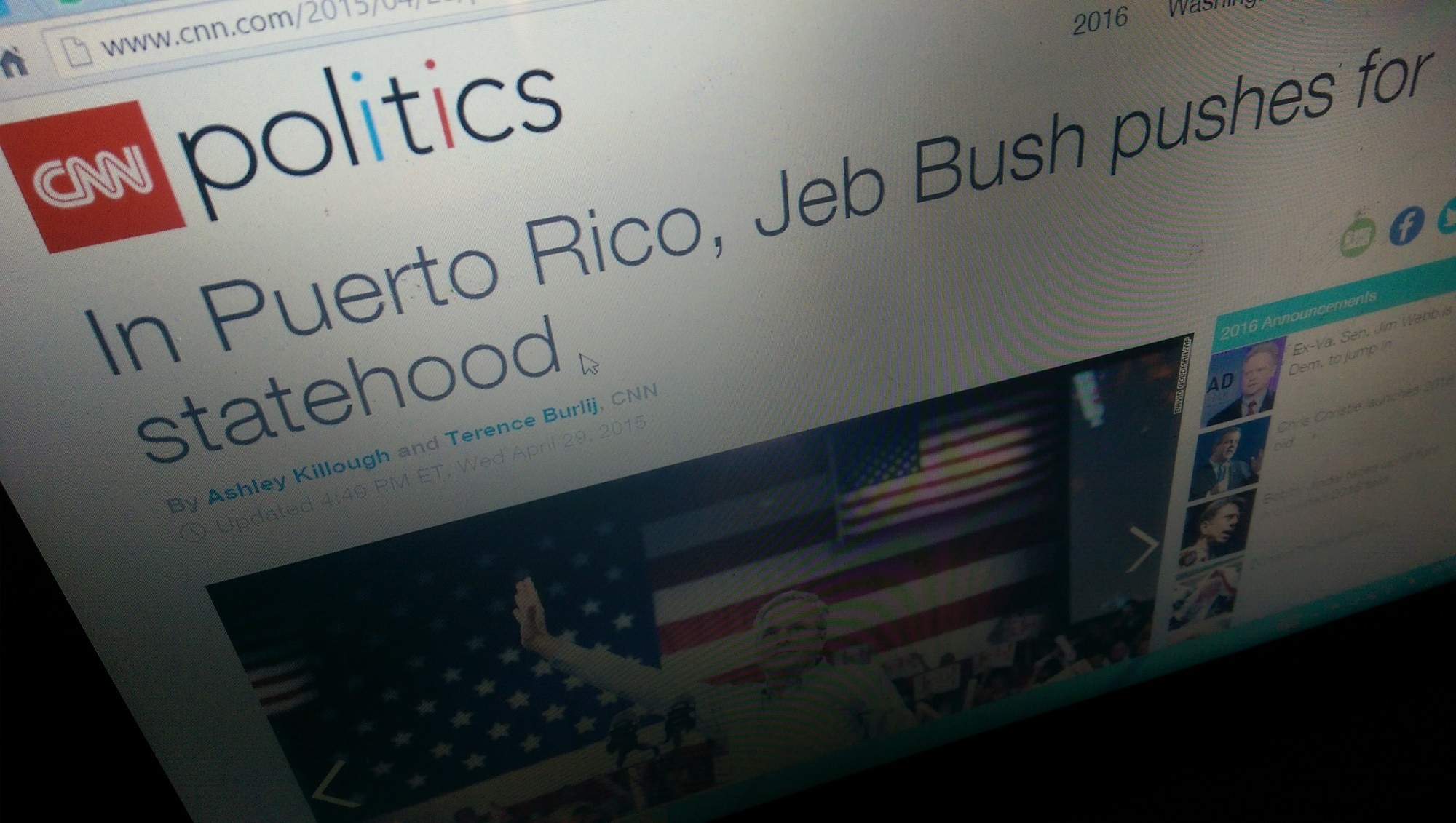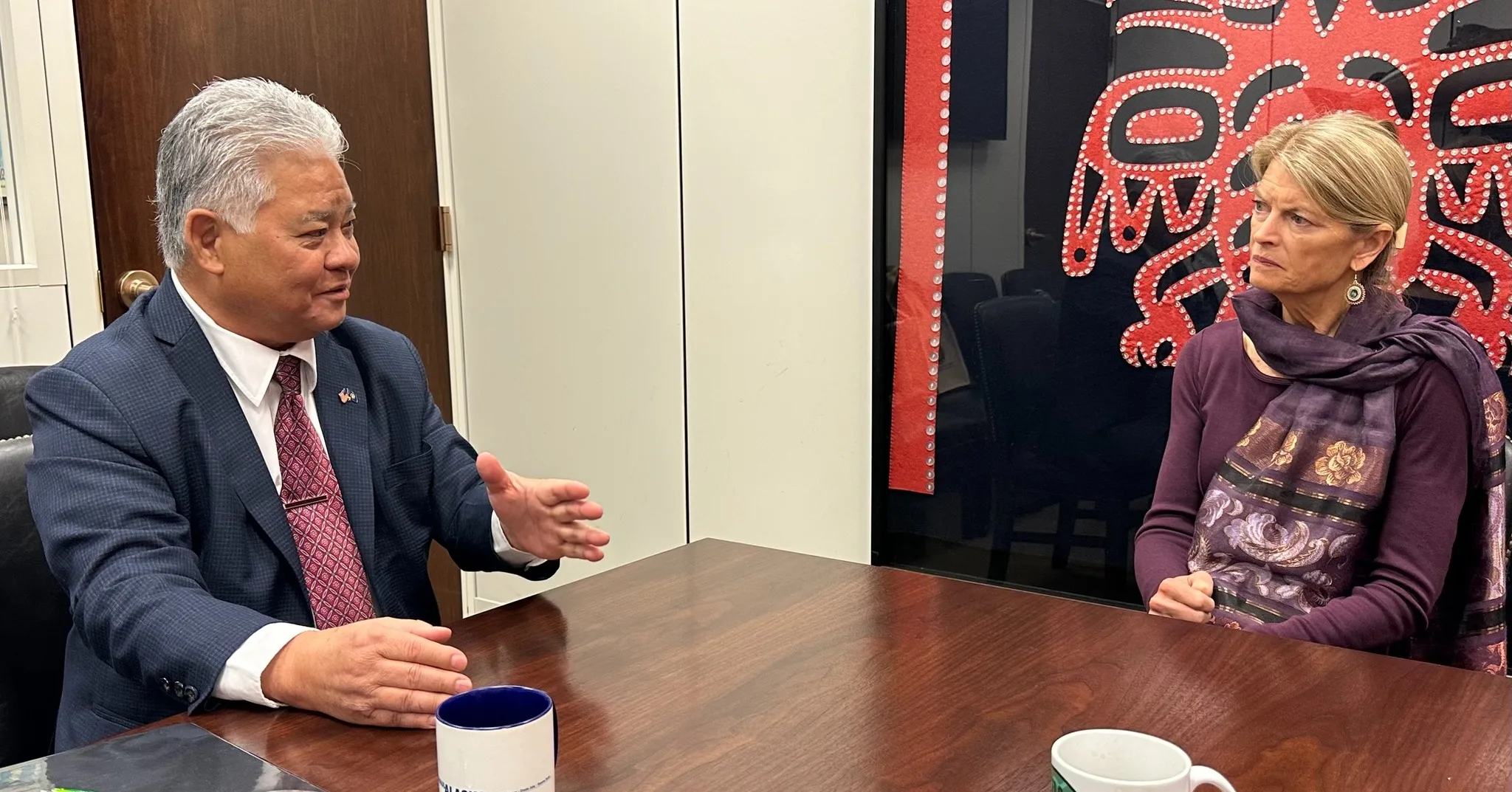“Está lloviendo sobre mojado.”
With that phrase, (roughly translated: it is raining over wet land) Puerto Ricans usually summarize situations when a bad situation worsens with every minute. And it can now summarize life on the islands home to 3.7 million American citizens. As we had previously reported, Puerto Rico is stuck in a recession that has crippled its economy, reduced its labor force, and defined its political scenario.
As a US territory, the government cannot declare bankruptcy, a fact that either scares, or relieves investors in the territory’s municipal bond offerings. But that only means there’s one less option on the table. In the meantime, a relatively new administration is struggling mightily on how to come up with a plan to quiet down the barrage of negative news coming from Wall Street and San Juan. But so far they have failed to do so, and coupled with even more negative news, the future looks, scary for Puerto Rico.
Here are 10 more problems Puerto Rico is facing:
1. The almost inexplicable government shutdown
Puerto Rico is no stranger to shutdowns, having faced a local shutdown in 2006 over fiscal disagreements between La Fortaleza and the Capitol, particularly over whether to impose a 5.5% or 7% sales tax. But now it is facing a bigger mess where it plays no influence but still gets to suffer the consequences. As a territory, Puerto Rico lacks voting representation in Congress, so even though whatever ends up happening in Washington will invariably have consequences on the islands, there is nothing that can be done.
Not even removing barriers to closed monuments will do the trick.
2. A government that thinks it is too clever
Seeing how they were shut down out of the municipal market through exorbitantly high yields, the administration of Governor Alejandro Garcia Padilla decided that its next step would be to increase the amount of sales tax revenue it sends directly to the Sales Tax Financing Corporation, the entity with the best credit rating in the territory. The need for more revenue was due to the exhaustion of the credit line of COFINA as it is known in Spanish.
The trick had been tried before, and before the local legislature could even pass the law enacting the plan, Moody’s and Standard and Poor’s degraded the outlook of the corporation’s credit rating from stable to negative.
The plan is still in progress though.
3. Economic strategies that depend on tactics being targeted by world powers
The government unveiled new economic development campaigns this year seeking to foster investment in the island. Among the strategies employed,as the concept of marketing Puerto Rico as a tax haven for companies and wealthy investors.
Then the G20 rained on that parade.
4. A rumored, and unlikely federal bailout
This goes hand in hand with the inability to file bankruptcy. Seeing how Puerto Rico’s bonds could affect 75% of bond portfolios, it was heavily rumored that the federal government was preparing to either prepare a bailout, or in stricter terms place Puerto Rico under some sort of trusteeship. The White House’s plan for Detroit fueled hopes.
It was rumored, then denied, confirmed, denied, rumored and denied once again. The governor has tried to explain that all that is happening that the White House’s Task Force on Puerto Rico will be helping out with economic affairs, given that it diagnosed a misuse of federal funds, but more on that later. In all fairness, similar rumors go back to February, but the mere possibility of such an arrangement is both worrying and embarrassing, even if the likelihood of a bailout is pretty much null in this Congress.
5. The effect the increase in taxes and pension reform will have on the economy
You never increase taxes during a recession. But when you are broke, need to pay the bills, and you beat your opponent who instead reduced the government workforce, that might be the only option you have. Now with taxes on gas, business to business transactions, financial transactions, and more proposed taxes on consumer goods, a territory with nearly 14% unemployment is left to wonder, what will fuel its recovery, because it sure will not be consumer spending.
6. The rampant misuse of federal funds
The White House found that misuse of federal funds was a significant cause of Puerto Rico’s economic problems.
7. Bankruptcies are up, Car sales down
A 4% increase in bankruptcies in September. See the effect of those new taxes? No? Then read on how car sales registered their biggest drop of the year.
Then again, you could be wrong that taxes are not a problem, since the local treasury department is looking at revising all tax cuts previously enacted.
8. A pervasive tendency of overestimating revenues
It is widely known that Puerto Rico’s government takes about $10 billion to run, but revenues always stay around the $8-9 billion mark. Ergo the deficit, and the debt.
With that track record, borrowing is really tough. Especially when the opposition reminds investors.
9. Headlines like “Puerto Rico Yields Above Venezuela’s in Worst Rout: Muni Credit“
We’ve talked about the constant flurry of bad news before, whether they are justified is yet to be seen. But their mere existence is not good. It helps perpetuate the image of the territory as risky and unstable.
See also
Detroit’s in Great Financial Shape… Compared to Puerto Rico
Puerto Rico Bonds ‘Completely Junk’
Debt Crisis Threatens Puerto Rico
Get it? Puerto Rico has troubles.
10. Saying no to help
Look, we understand, you are running a government that is broke, with no credit, or credibility for that matter. You want to project an image of stability and competency, but is saying out that you do not need any federal help a good idea? That’s what the Secretary of Economic Development and Commerce did.
I mean, it is not entirely crazy to think that some Republican might just grab that headline and use it to preemptively attack the use of funds by the administration to help a government that said it didn’t need it, effectively killing the idea. That’s actually more than possible, and the equivalent of shooting yourself in the foot to show off, particularly if things get worse with some big event that fundamentally affects the territory’s economy. What’s that you say? The US Government might default on its own obligations sending the entire world economy on a spiral? Well I mean, in that scenario they likely wouldn’t be giving out money to territories anyway. I think.
It gets better?
Not all news is bad. The Government claims that for September they actually had $109 million more in revenues than projected. And top officials are trying very had with frequent visits to New York to stop a downgrading and a further worsening of the situation. But at some point, it must be clear that these temporary patches are not enough. Short term moves will not solve the debacle brought on by decades of mismanagement, and as much as everyone clamors for a dramatic proposal, there’s nothing on the table so far.
With a political status that affords it basically no options, a constitutional requirement to pay its obligations first, a government without a strategic plan, unfunded liabilities that seem to multiply by the day, the prognosis isn’t good.
If we could only get that miracle.

